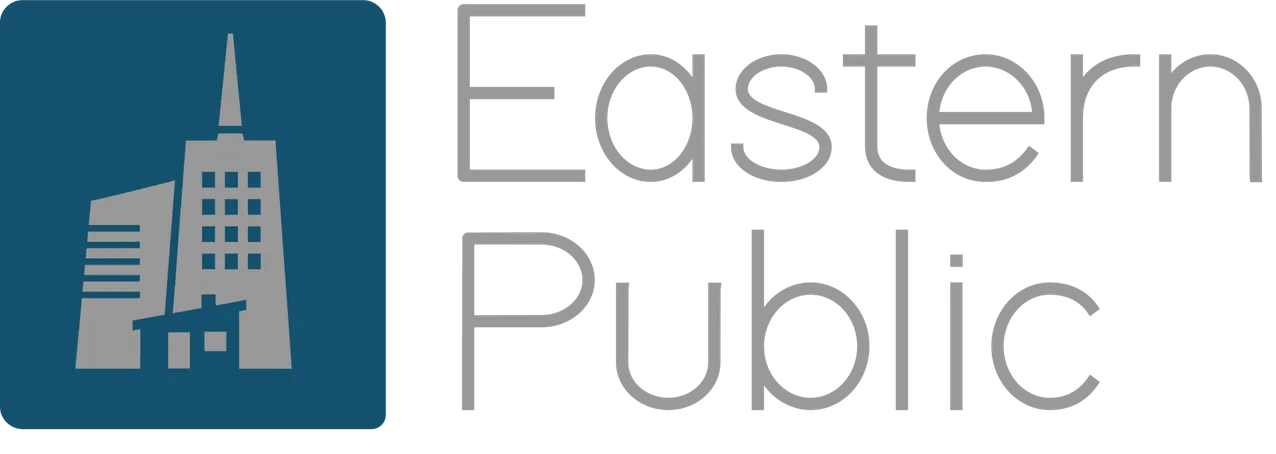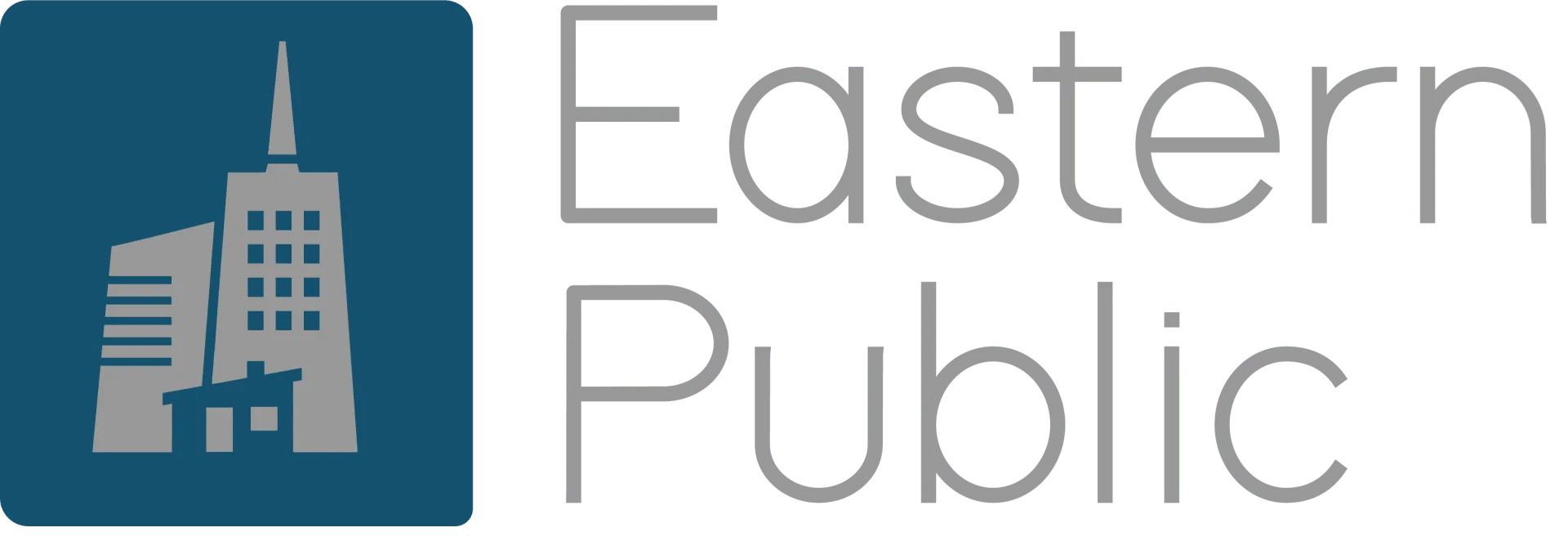Frequently Asked Questions
For commercial properties and businesses
Commercial Properties and Businesses
What should I expect during the commercial claims process?
What are the mistakes to avoid in the commercial claims process?
Why do you need a public adjuster for a commercial claim?
What types of businesses hire a Public Adjuster for insurance claims?
What are the most common types of business insurance claims?
What is a business interruption claim?
Property Managers, Developers, and Brokers
How do Public Adjusters help property managers and developers?
A Public Adjuster, also known as a Public Insurance Adjuster, helps homeowners and businesses recover from disasters or damage to their property or business. Public Adjusters are experts in preparing, managing, and negotiating insurance claims, giving homeowners and businesses the resources they need to be in the best possible position for recovery.
A public adjuster should review policy and loss details before taking on a claim, so they and their client can make informed decisions about how to proceed with a claim. Public Adjusters manage the process and negotiate with the insurance company to obtain a fair outcome for their client. A good Public Adjusters works to provide an unbiased assessment of the damage and how it should be handled given insurance policy provisions, providing expertise and peace of mind for their clients.
Most states have enacted licensing for Public Adjusters to provide representation on behalf of the consumer. Though the nomenclature is confusing, both "independent adjusters" and company adjusters are representatives of insurance companies. Only licensed Public Adjusters may work on policyholders' behalf, and not for insurance companies.
Eastern Public is a property claims and risk management firm that knows what it takes to get businesses and homeowners back on their feet after a business income loss or home damage. We move quickly to help address immediate needs, handle all aspects of recovery through insurance claims, and provide consulting services to make sure businesses and homeowners have the right coverage in place.
Most importantly, we help people get through the recovery process while protecting their interests, ensuring they have the resources and compensation they need for recovery.
Why should a broker contact a Public Adjuster?
Describe the item or answer the question so that site visitors who are interested get more information. You can emphasize this text with bullets, italics or bold, and add links.
Contact Eastern Public for professional assistance in Property Insurance Claims
When filing an insurance claim, having a public adjuster can help the policyholder navigate the process and proceed with confidence. We provide invaluable experience and knowledge in the claims process, as well as information and recommendations for the specific aspects of your claim. The guidance of a public adjuster can help avoid missteps or oversights in the claims process, and ensure a more favorable recovery.
Contact us today at 929-999-4674 to learn more about our services.


